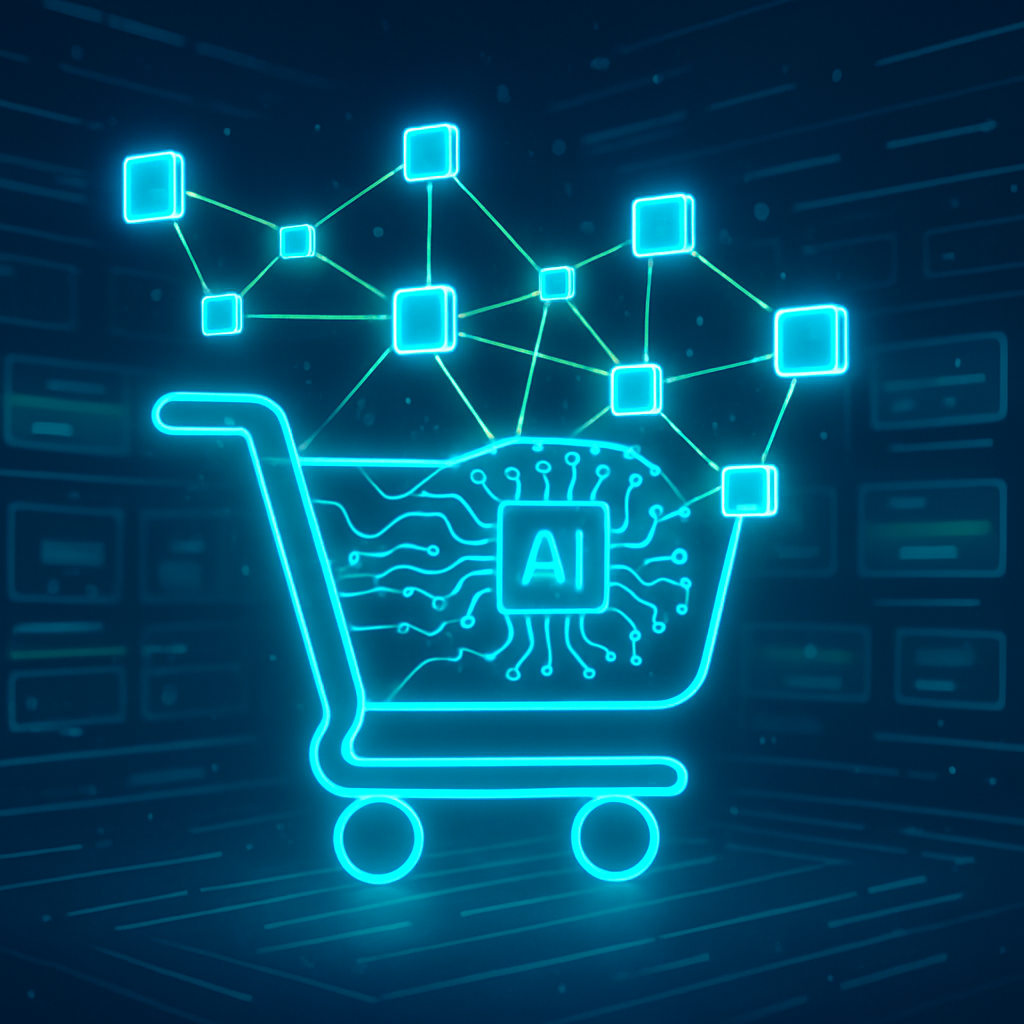Transforming Shopify Online Shops with Advanced AI for Superior Customer Experience
The Evolution of Shopify Online Shops in the Age of AI
As of 2025, Shopify online shops have become more than just digital storefronts—they are dynamic ecosystems that respond intelligently to customer behavior and preferences. The integration of advanced AI tools has accelerated this evolution, enabling e-commerce platforms to deliver personalized, seamless, and engaging shopping experiences that were once unimaginable.
Why Good AI Matters in Shopify Online Shops
The term "good AI" here refers to artificial intelligence technologies that are thoughtfully designed, context-aware, and customer-centric. Unlike generic AI solutions, good AI tailors insights and actions to specific business needs, enhancing rather than complicating the user journey. For Shopify shops, this means improved customer satisfaction, higher conversion rates, and sustained brand loyalty.
Key AI Technologies Revolutionizing Shopify Experiences
1. Hyper-Personalized Product Recommendations
Gone are the days of static "Customers also bought" suggestions. Modern AI leverages deep learning algorithms to analyze browsing patterns, purchase history, and even social media trends to predict products a customer is most likely to purchase. For example, a shopper browsing sustainable fashion might receive curated suggestions featuring eco-friendly items blended with trending accessories, creating a tailored experience that resonates deeply.
2. Conversational AI and Virtual Shopping Assistants
Advanced AI-powered chatbots now understand natural language nuances and emotional context, providing instant, empathetic assistance 24/7. These virtual assistants can guide users through product selections, manage returns seamlessly, and upsell without being intrusive. Brands using these AI agents report enhanced customer engagement and a dramatic drop in support tickets.
3. Visual Search and Augmented Reality (AR)
Integrating AI-driven visual search helps customers find products using images rather than keywords, simplifying discovery. Augmented reality further elevates this by allowing users to virtually try products—be it sunglasses, furniture, or makeup—directly within the Shopify app, reducing hesitation and returns.
4. Predictive Inventory and Dynamic Pricing
Good AI systems analyze macro and micro-level data—seasonality, customer demand fluctuations, and competitor pricing—to optimize stock levels and pricing strategies in real-time. This ensures Shopify merchants stay competitive and avoid stockouts or overstock scenarios, balancing profitability and customer satisfaction.
Transforming User Experience with Integrated AI Insights
Integrating AI tools doesn’t just automate processes; it enriches every touchpoint in the customer journey. For instance, AI can recognize when a loyal customer is browsing but hesitating at checkout and trigger personalized incentives or assistance.
Moreover, AI-driven analytics provide merchants with granular insights into consumer behavior. These insights inform content creation, marketing strategies, and product development, making Shopify shops more adaptive and customer-centric.
Challenges and Considerations in AI Integration
Implementing advanced AI tools requires careful planning. Data privacy remains paramount; ethical AI deployment ensures compliance with global standards while maintaining customer trust. Additionally, seamless integration with existing Shopify infrastructure and scalability must be considered to maximize ROI.
Investing in training staff to interpret AI-generated insights also ensures that human judgment complements machine intelligence, achieving balanced decision-making.
Case Study: ElevateStore’s AI-Powered Transformation
Consider ElevateStore, a mid-sized Shopify retailer specializing in artisanal goods. By integrating an ai platform combining predictive analytics and virtual assistance, ElevateStore saw a 35% uplift in customer retention and a 22% increase in average order value within six months. Their AI assistant reduced cart abandonment by providing instant support and personalized discounts, while inventory optimization minimized waste and enhanced fulfillment speed.
Looking Ahead: The Next Frontier of AI in Shopify E-commerce
As AI technologies continue to mature, expect even deeper human-AI collaboration in Shopify shops. Emotion-sensing AI might tailor experiences based on real-time user mood. Blockchain combined with AI could offer transparent supply chains and authenticity verification. The fusion of IoT data with AI can personalize offers based on real-world usage patterns.
Ultimately, the integration of good AI is not just a technology upgrade—it's a strategic imperative for Shopify online shops aiming to offer unparalleled customer experiences in a competitive global market.
Conclusion
The transformative impact of advanced AI tools on Shopify online shops in 2025 is profound. By embracing good AI, businesses can unlock new levels of personalization, efficiency, and customer satisfaction. From intelligent product recommendations to real-time virtual assistance and predictive inventory management, AI is reshaping the very essence of online shopping. With careful implementation and ethical considerations, AI integration promises a future where Shopify online shops are more responsive, engaging, and successful than ever before.






